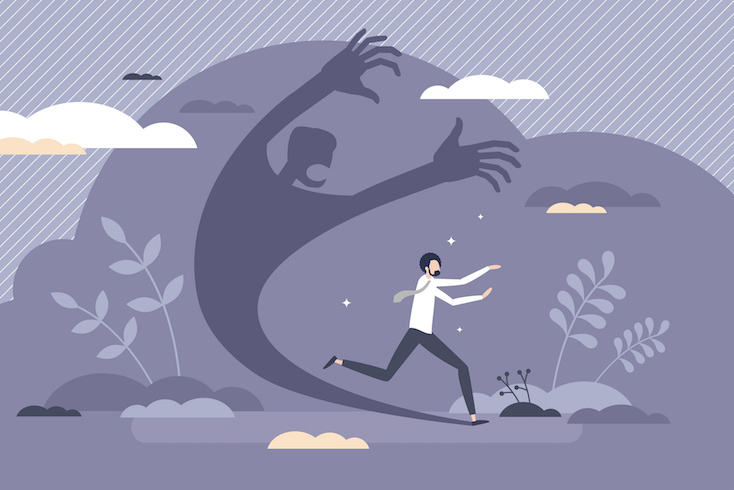
Since 2019, the world has been facing a series of unpredictable events. From Covid-19 to economic crises and wars all around the world, we have been living in the unknown which represents one of humanity’s fundamental fears.
The unpredictability, fuelled by worry, ultimately leads many people to avoid certain places and activities that might intensify their anxiety, even in their daily lives. For example, due to the ongoing war raging in Gaza and in the border regions, Lebanon has witnessed the displacement and migration, on both local and international levels, of many citizens. Our brain is programmed to constantly try to predict what will happen next, preparing us mentally and physically to adapt and regulate in the most effective possible way.
Leading scientist Tanovic and others have been studying the impact of uncertainty on our decision-making and behaviour. In research published by the BBC, it was proven that any element of unpredictability not only increases someone’s discomfort but also manifests higher stress if there is a 50% chance that they might face a shock. Several factors may shape this fear of the unknown like the lack of information and control among others. As such, someone may be more vulnerable to uncertainty due to a negative experience that may have caused psychological trauma at any point between childhood and early adulthood. Furthermore, our defencelessness in front of the unknown may come from living with one or both anxious parents; seeing their fearful reaction to unpredictability may affect how we react in similar situations. Moreover, our neurophysiology plays a role in our answer: it appears that our hypervigilance is due to heightened activity in the amygdala, a part of our brain responsible for our emotions, which may lead to pathological reactions. The trigger of the anterior insula is the reason behind weighing up the consequences and maximizing the brain’s assessment of the potential damage.
Nevertheless, it is important to note that not all fears of the unknown are pathological. Uncertainty is part of everyone’s life so it’s okay if you relate to this content. Thus, some cases might be related to a mental disorder especially if the person suffers from high intolerance of the unknown which increases their vulnerability. In these kinds of situations, unpredictability might trigger anxiety disorder, depression, or in other cases, even panic attacks.
After understanding those mechanisms, we can learn to mitigate those feelings, especially by reaching out for help. In fact, seeking support can reduce the negative effects, and interventions like therapy aim to guide you through the challenging confrontation of the pessimistic beliefs surrounding uncertain situations. For example, Cognitive Behavioural Therapy (CBT) can teach the patient to avoid catastrophizing their thoughts and enhance their coping skills. In fact, the American Psychological Association suggests the following tips to help individuals cope with the fear of the unknown:
The unknown is every human’s biggest foe. There’s nothing wrong with asking for support. Break the taboos around mental health.
References:
Understanding what fear of the unknown is and how to overcome it, 2023, Lorenzo Lucchetti, Medical News Today, https://www.medicalnewstoday.com/articles/fear-of-the-unknown
Can You Have a Fear of the Unknown?, 2022, Elizabeth Molina Ortiz, Verywell Health, https://www.verywellhealth.com/fear-of-the-unknown-5208919
Why we’re so terrified of the unknown, 2021, David Robson, BBC Worklife, https://www.bbc.com/worklife/article/20211022-why-were-so-terrified-of-the-unknown